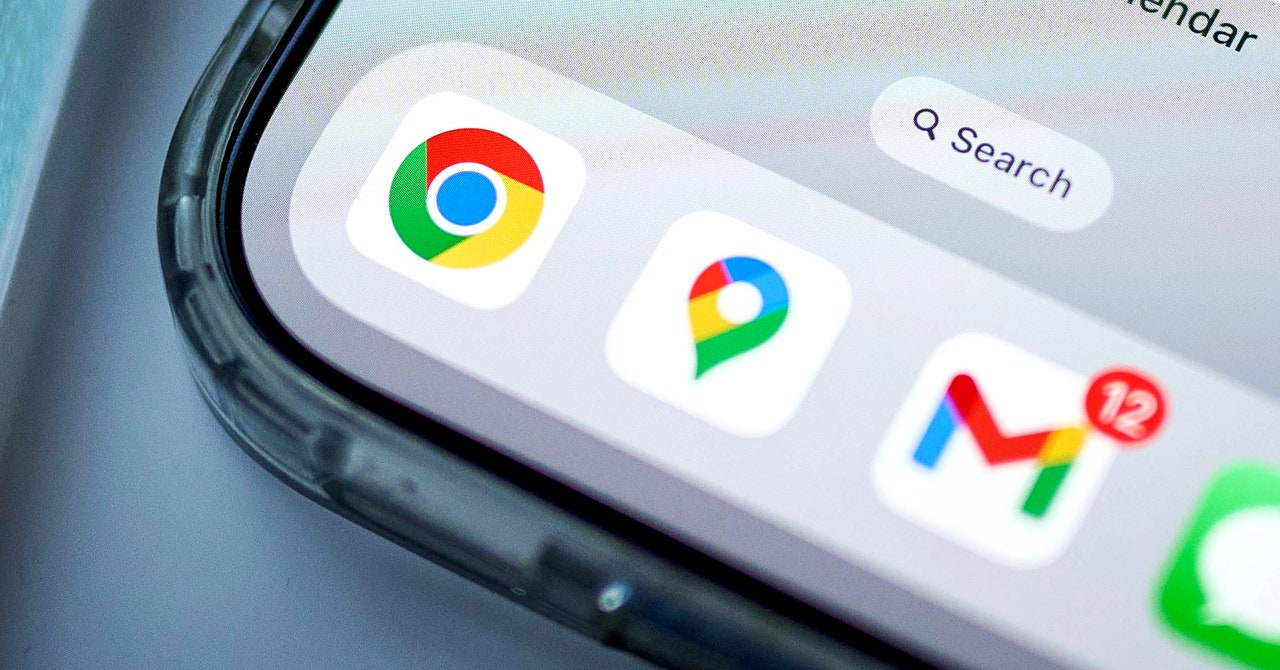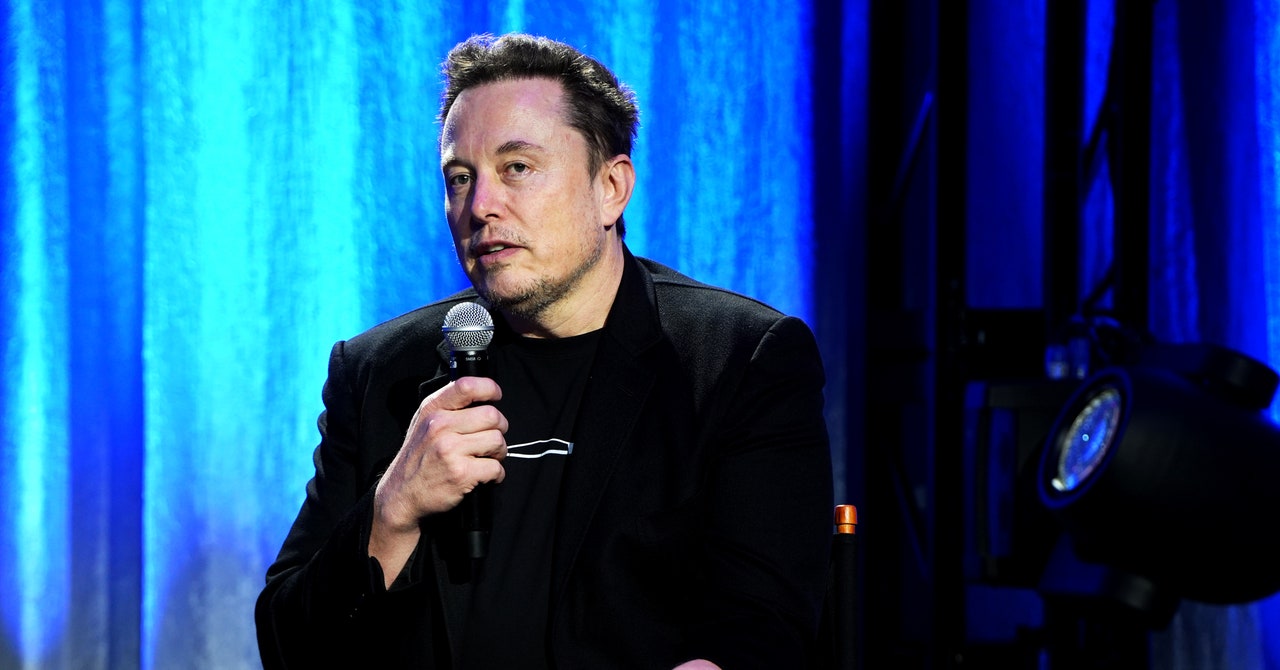To give competitors an edge, the government wants Google to share its search index and the data it collects about users when determining which results to display. The argument is that potential rivals could then tap into the informational advantage Google has built up over decades studying the behavioral patterns of its billions of users. In addition, Colorado’s attorney general suggested in Wednesday’s filing that Google fund “reasonable, short-term incentive payments” to users who choose non-Google default search engines.
In addition to having to give up Chrome, Google will be barred from launching a new browser or investing in search, ad technology and AI rivals for five to 10 years. The government says the restrictions will allow it to “foster innovation and transform the overall search and text search ad markets over the next decade”.
Rauch, the CEO of Vercel, believes that Google is unfairly using Chrome to direct people to its AI chatbot, Gemini, as well as to other services it owns, such as Google Docs, through a combination of nudges and incentives built into its search engine. “Google is amassing every advantage it can by monopolizing this very important piece of software infrastructure,” Rauch says.
Transferring Chrome to a neutral owner like a nonprofit or academic institution, Rauch says, would open up the search field for the world’s most popular browser and give people access to multiple alternatives. Chrome now allows users to change their default search provider, but Google still nudges them back with warnings while they’re browsing. “I can imagine that in a world where people are more willing to choose than default, a lot of users might choose Perplexity or ChatGPT, whereas today it’s a very workaround,” says Rauch.
Getting access to Google’s own data and being able to court iPhone users could help increase the chances of people turning to alternative search engines. But Google also has unmatched computing infrastructure, unique data from related services like Maps, and more than a quarter-century of brand recognition among consumers. “No matter how much you level the playing field, people will choose the best product for the job,” says the former Chrome business leader.
Former Google executives say what will one day displace the company is not another traditional search engine, but something like ChatGPT that presents content to users in a more interactive way. This new technology isn’t fully developed yet, but it could be by the time the government’s lawsuit against Google is finally settled. That means Google’s place in the market could look significantly different before the judge’s order even begins to be implemented.
Updated November 21, 2024 at 2:22 a.m. EST: This story has been updated with comments from Google and DuckDuckGo, and additional details from court filings have been added.




